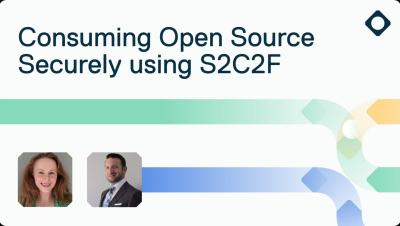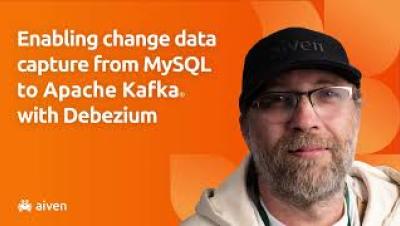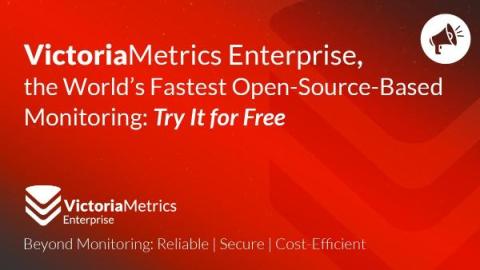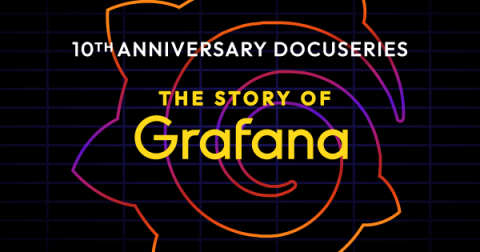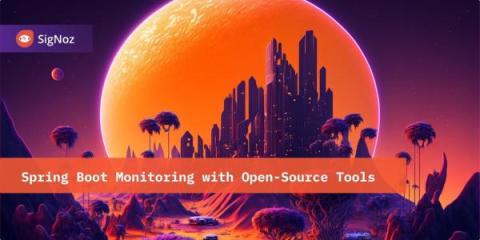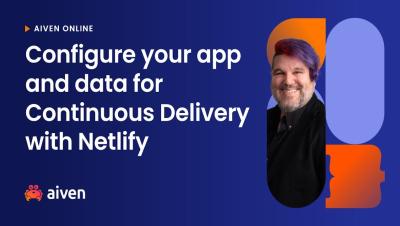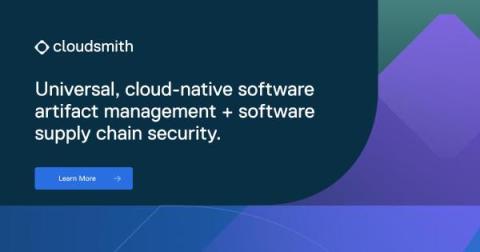Operations | Monitoring | ITSM | DevOps | Cloud
Open Source
Enabling change data capture from MySQL to Apache Kafka with Debezium
VictoriaMetrics Enterprise, the World's Fastest Open-Source-Based Monitoring: Try It for Free
We’re happy to announce that we now offer a free trial of our VictoriaMetrics Enterprise solution! Designed to help solve an organisation’s monitoring and observability set ups, no matter the scale, VictoriaMetrics Enterprise provides reliable, secure and cost-efficient monitoring. The free trial of VictoriaMetrics Enterprise is perfect for organisations with large data loads, for whom cost-efficient monitoring is mission-critical.
'The Story of Grafana' documentary: Celebrating OSS, community, and innovation
On Dec. 5, 2013, Torkel Ödegaard made the first commit in GitHub for a personal project that would become Grafana. “It’s hard to believe it’s been 10 years since Torkel launched Grafana, growing from a small man with a big dream to becoming the most popular data visualization software in the world,” says Grafana Labs co-founder and CEO Raj Dutt. “The Story of Grafana” chronicles that meteoric journey.
Spring Boot Monitoring with Open-Source Tools
Aiven workshop: Configure your app and data for Continuous Delivery with Netlify
Real Time Data at Scale meetup, hosted by Aiven - Helsinki, 28th November 2023
How Can You Contribute to Open-Source Projects with @salaboy - KubeCon NA 23 Insights - Civo TV
Secure Open Source Consumption: Level 1 of S2C2F
Uncover how to reach Level 1 in S2C2F a framework for secure OSS consumption.
Introducing the Functional Source License: Freedom without Free-riding
Sentry started life in 2008 as an unlicensed, 71-line Django plugin. The next year we began publishing it under BSD-3, and ten years later we switched to the Business Source License (BSL or BUSL). Last year we purchased Codecov, and a few months ago we published it under BSL/BUSL as well. That led to some vigorous debate because of our use of the term “Open Source” to describe Codecov, from which emerged this helpful suggestion from Adam Jacob, co-founder of Chef.


